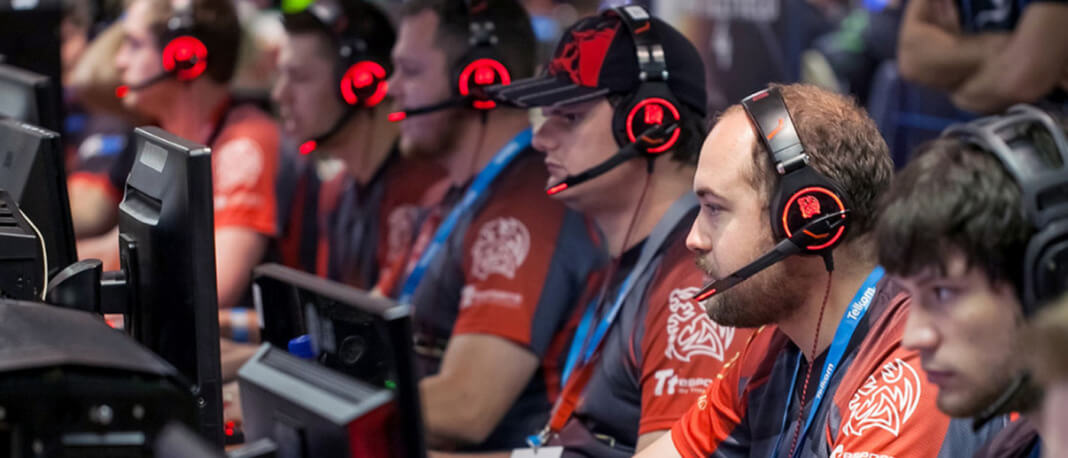Currently, arenas and stadiums are empty, but it cannot be said the same for virtual fields, which are booming with online crowds. Ever since the traditional arenas and stadiums came to a standstill due to the spread of coronavirus, most fans have turned to eSports.
One of the biggest eSports streaming platform, Twitch, recorded 1.1 billion hours of consumption of content in the last one month, which is a first in the nine years it has been operational.
“With more stay-at-home mandates being issued around the world and the entertainment industry finding new ways to migrate their offerings to live-streaming platforms, we expect to see the numbers rise,” Doron Nir, StreamElements CEO told The Guardian.
Most people have always expected eSports to be the next-big-thing as it has been gaining increased popularity over the last few years, and its market segment was projected to reach over US$1.6 billion by next year.
However, eSports could be on track to exceed the forecast, and in doing so, it will open new opportunities for businesses outside this industry to jump in.
Can eSports capabilities help the traditional sports stay relevant?
In Indonesia, soccer fans are deprived of content, and they have resorted to eSports. When their favorite teams announced that they wouldn’t continue with the EPL (English Premier League), the fans settled for virtual games.
Playing online titles such as PES (Pro Evolution Soccer) as their favorite teams seem to help them cope with the lack of live fixtures. Looking at the bigger picture, if traditional competitions are not resumed soon, the professional teams may lose some of their fanbases to eSports forever.
For the sports industry, content consumption and viewership are the biggest driving forces. With the absence of playoffs and live events, sustaining the relationship with their support through digital means is more than necessary.
Luckily, real-life sports organizers have realized the need to be on these platforms with their fans. Over the last few weeks, clubs have leveraged eSports platforms and channels to stay connected with their fans, and the reception has been excellent.
For example, the world’s first virtual Grand Prix race, managed to score more than 3.2 million viewers when it debuted across several streaming platforms, about two weeks ago.
MLS (Major League Soccer) is also jumping into this, with the first eMLS Tournament Special expected to go live this coming Sunday. The event will run for five weeks, and it will feature 20 FIFA eSports players and 32 soccer athletes.
How other enterprises may benefit from the eSports market segment
COVID-9 pandemic has pushed most enterprises to strive for business opportunities to remain in the market. Right now, digital marketing strategies can be a game-changer for enterprises looking to stay relevant in the market. Leveraging the vast fanbase of eSports can help many businesses remain relevant.
Even if it’s not through digital advertising and marketing, businesses can still leverage on their ever-growing fanbase by hosting new business applications that can help to complement viewership and gaming experiences. ESports is fast-becoming a major disruptor in the sports industry while also working as a “testing ground” for companies looking to tap into new market opportunities.




